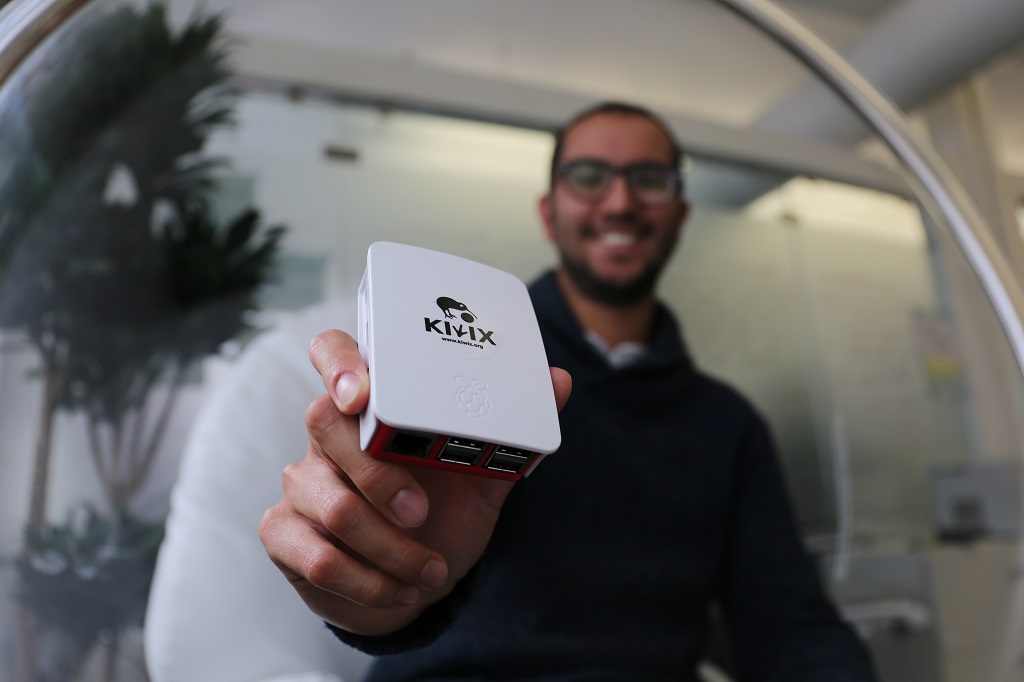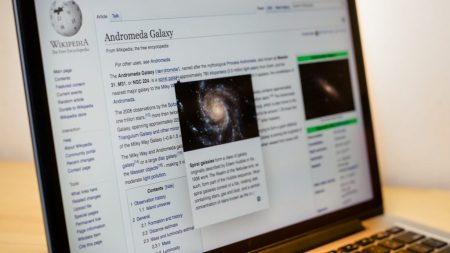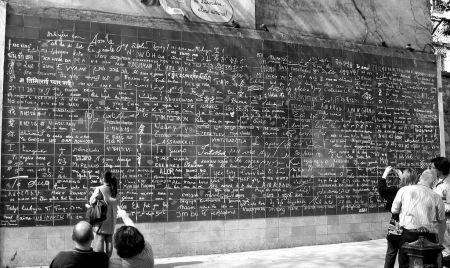At 50 million articles and counting, Wikipedia is the largest source of human knowledge ever created—but it isn't complete. Wikipedia remains a work in progress, an ever-growing and evolving encyclopedia that provides free, reliable, and unbiased information to billions of people around the world.
Our 2018 annual report highlights the progress we made this past year. It reflects the achievements of the people and technology behind Wikipedia: the 250,000 volunteers each month who dedicate their time to expand Wikipedia’s knowledge base; the 350+ staff members who create the tools that keep Wikipedia running; and the generous donors who ensure that Wikipedia continues to be independent and ad-free.
Wherever you fit into the Wikimedia ecosystem, our accomplishments would not be possible without your participation. Thank you for your commitment to Wikipedia and free, open knowledge. Together, we’re making progress toward a world where everyone can freely share in the sum of all knowledge.
In gratitude,
Katherine Maher, Chief Executive Officer and Executive Director
Wikimedia Foundation
The people behind free knowledge
-
Expanding Wikipedia's reach

The Wikimedia Foundation is committed to eliminating barriers to accessing knowledge, but as of 2018, 49% of the world did not use the internet. That's billions of people. We’re working to ensure that every single person can access Wikipedia, even when they don’t have access to the internet. Read the full story.
-
Sam Oyeyele's quest to cover African cinema

Nigeria's film industry produces 1,500 movies a year. It's the second largest in the world—but most of it remains missing from Wikipedia. Sam Oyeyele set out to change that. Read the full story.
-
Addressing Wikipedia's gender bias

Four years ago, the percentage of women's biographies on the English Wikipedia stood at a paltry 15%—a gap that galvanized volunteer Wikipedia editors to action. Today, that number is nearly 18%, which translates to tens of thousands of new articles and a more accurate view of the women who've made history. Read the full story.
The technology behind free knowledge
-
Using artificial intelligence for good

All too often, people deliberately write inaccurate information into Wikipedia, something we call "vandalism." That's why we've built an AI service that scans Wikipedia edits 86 million times per month to catch and correct vandalism when it happens, helping ensure our content remains accurate. Read the full story.
-
Learning more with fewer clicks: Page previews

“I found a single Wikipedia page with hover-over previews of additional articles,” one person has tweeted, “and it’s changed my life.” Why? Readers interact with approximately 20% more topics in a given session by using the new page previews feature. We've given you the ability to learn more with fewer distractions. Read the full story.
-
Translating the world's free knowledge

Wikipedia is available in more than 300 languages, but they don't all contain the same information. So how is knowledge shared across them? Cue our content translation tool, which helped volunteers create over 400,000 new Wikipedia articles in the past year—making it faster and easier to spread knowledge around the world. Read the full story.
2018 by the numbers
- Wikipedia remains the only top 10 website that's a non-profit
- Wikipedia surpassed 50 million articles
- Volunteers added 2.5 million new articles
- 250,000+ volunteers contributed to Wikipedia each month
- We maintain Wikipedia with 350+ non-profit staff worldwide
- People visited Wikipedia 15 billion times each month
- AI bots scanned Wikipedia edits 86 million times per month to catch and correct vandalism
Financials and leadership
Transparency is a core principle of the Wikimedia Foundation, and we are proud to be recognized as one of the most transparent non-profit organizations in the world. Our annual plan and operating budget are developed through open processes, subject to community feedback and Board approval, and always available to the public for review.
Learn more about our financials, global board of trustees, and diverse leadership team.
Our donors
This year, we received donations from millions of supporters. Those donations make our work possible. Together, we’re building the foundation that supports the people and technology behind free knowledge. Join us.

Help us unlock the world’s knowledge.
As a nonprofit, Wikipedia and our related free knowledge projects are powered primarily through donations.